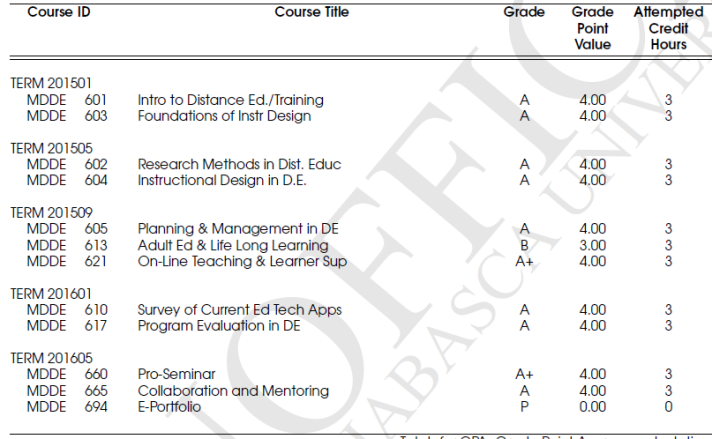All my posts are directly or indirectly about the Learner, but this one is especially so. Learners are looking to better themselves, their lives and the lives of those around them. They have to be given the tools and conditions to achieve this.
I’ve been focusing on discussions going on around me, both from faculty and students. I’ve been hearing a lot about grades, comments like, “I’ll pull off a C+, I’ll be happy with that.” and “Jay’s gonna ace this term, don’t know how he manages.” Students are focusing on grades, and may set their own expatiations low not knowing how to achieve higher grades. It also seems students feel grades are a reflection of their abilities. I feel every student can achieve A performance under the right conditions.
Instructors grade according to academic performance, as will employers focus on deliverables, same difference. Circumstances beyond the final submission, or deliverable, tend to be irrelevant. Low grades reflect life’s imbalance, circumstances, and academic relevance more than academic performance. I speak from experience.
I would like to see students not stress out so much over grades. And I would like to see instructors put more consideration into external circumstance and address them. Academic success centers are helpful, but underutilized by most. Personally, I didn’t know they existed first time through.
Keeping in mind that I’m the same me, take a look at these two transcripts:
#1: SFU (2000)

#2: AU (2016)
These grades were achieved by the same person, me. How can they be so different? Here is an outline of my learning conditions in both cases:
SFU transcript:
- I wanted a piece of paper to meet the minimum qualifications to teach English overseas. I didn’t care about grades.
- I was working full-time. There was no distance education so going to SFU on the hill at 7:00 to 10:00pm 3 nights a week drained me and all of my passion for learning.
- The read read, read, read, lecture then paper delivery disengaged me. I often asked myself, “How is this relevant?”
- I was still quite young with few good study habits and no one to direct me.
- My focus was on the goal and not the journey. No one shifted my focus, just emphasized it.
- I was trying to find myself, trying to find a career I enjoyed. Education was my path, but it ended up adding to my anxiety. Focusing on my studies was difficult.
- The make work, keep busy, academic life made me resent learning – it was painful to re-register.
- There was no community of learning, I was on my own. I couldn’t spend time on campus to build my learning community. Online was not an option in 2000.
- I was put on academic probation more than once during my program, but I was never contacted by the university or teachers asking if things were going okay.
- Teachers didn’t reached out personally, the responsibility was on the student to connect.
AU transcript:
- I still didn’t care about grades, they were an intrinsic motivator and I knew nobody would care to see them. Did I earn the A+’s? I don’t know. But, grades carried me through the program. At the time, if I had to drop one stress in my life I may have dropped out with a C+, a C+ would have reflected my career.
- There was a strong online learning community I could connect with at my convenience.
- I could study at my time and at my pace so I could take time to understand content.
- I had support. My family supported me and instructors often touched base personally to see how things were going.
- I could learn the way I wanted to learn: online.
- The courses were available across the country to a wider range of students who couldn’t otherwise get to class. This brought together a community of like-minded learners.
- Learning was made relevant. real life scenarios were given and assignments were personalized. I could easily answer the “How is this relevant?” question.
- Grades were generous or reflected my performance. Either way, they kept me going.
So, learners, don’t sweat low grades, they are not a reflection of your ability, they are a reflection of learning circumstances. You can either get through it and build blocks to take you to the next level, or take a good look at your situation and make some adjustments. Making these adjustments are hard to do, especially if you don’t have a much flexibility or can’t see any alternatives.
Instructors, take a step back from the assignment and consider the circumstances in which the student wrote the assignment in. Might the student warrant a personal call to see what’s up? A referral to academic support may also be greatly appreciated.
A little personal connection goes a long way.
Students, if you feel you are not achieving your true potential, take a step back from your academic life and tale stock on what changes can be made.
The bottom line, enjoy the journey through education. The second time through was very rewarding, enjoyable, but grueling. I wish I had known a better way through the first time around so I could enjoy it more.

